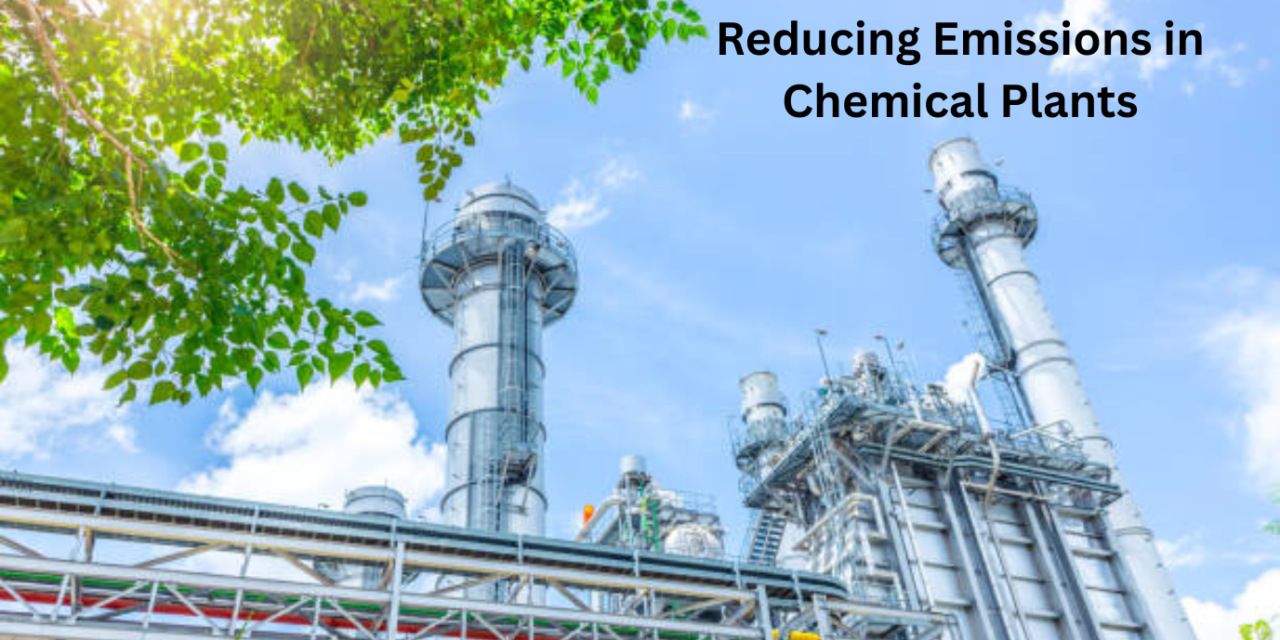The chemical industry, being one of the largest contributors to industrial greenhouse gas emissions, is actively implementing innovative strategies to reduce its environmental impact. Several case studies highlight how companies are achieving significant emission reductions through advanced technologies, sustainable practices, and collaborative efforts.
One notable example is Sumitomo Chemical, which has committed to achieving net-zero emissions by 2050. The company has implemented carbon-neutral feedstocks, advanced process optimization, and renewable energy sources in its facilities. Additionally, Sumitomo is exploring hydrogen-based solutions to replace traditional carbon-intensive inputs, ensuring a cleaner production cycle.
Mitsubishi Heavy Industries (MHI) has introduced innovative methods to reduce CO₂ emissions in petrochemical plants by converting off-gas hydrocarbons into hydrogen. This hydrogen is then used as a clean fuel in their gas turbines, reducing the carbon footprint while maintaining operational stability and efficiency.
Another pioneering effort comes from BASF, which has deployed low-carbon ammonia production technologies. Their use of renewable energy and advanced catalysts in the Haber-Bosch process has significantly cut emissions, setting a benchmark for sustainable nitrogen-based product manufacturing.
Orica, a leading producer of mining chemicals, has implemented emissions-reducing technology in its nitric acid plants in Australia. By introducing advanced abatement systems, Orica has successfully reduced nitrous oxide emissions, a potent greenhouse gas, by over 90%.
Additionally, technologies like VOC BioTreat, developed by Ramboll Environ, offer integrated solutions for controlling volatile organic compounds (VOCs) in wastewater treatment. This technology has been effectively applied in multiple chemical facilities, helping them meet stringent environmental standards.
These case studies demonstrate that reducing emissions in chemical plants is not only feasible but also a critical step toward achieving global climate goals. Through the adoption of innovative technologies, partnerships, and sustainability-driven strategies, the chemical industry is progressively transitioning to a low-carbon future.










